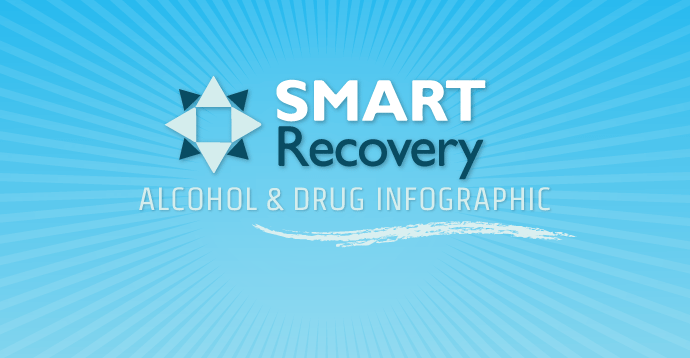Discover The Keys To Creating A Detailed Aftercare Approach Complying With Drug Rehabilitation And Lay The Structure For Continual Success
Discover The Keys To Creating A Detailed Aftercare Approach Complying With Drug Rehabilitation And Lay The Structure For Continual Success
Blog Article
Article By-Choate Ankersen
You have actually finished drug rehabilitation, and currently it's time to create an effective aftercare strategy to ensure your long-lasting healing.
Image this: you're a person identified to remain tidy and develop a satisfying life. This write-up will certainly assist you through identifying ongoing support systems, incorporating therapy and therapy, and developing healthy coping mechanisms.
With these approaches, you'll be geared up to prosper in your journey of sobriety.
Allow's get going.
Identifying Ongoing Assistance Solutions
You ought to recognize at least three ongoing support group to make sure a successful healing after drug rehab.
The initial support group is your family and friends. They can supply emotional support, support, and aid you remain accountable. They can additionally offer a secure and understanding setting where you can share your battles and success.
The 2nd support group is your therapist or therapist. They can aid you work through any kind of underlying problems that might have added to your dependency and give guidance on how to prevent relapse. please click the next post can likewise show you coping mechanisms and healthy and balanced ways to manage stress.
The 3rd support group is a support system or a sober neighborhood. Being bordered by others that are experiencing similar experiences can be extremely advantageous. They can offer a feeling of belonging, comprehending, and deal valuable recommendations and support.
Incorporating Therapy and Therapy
To attain a successful healing, it is necessary for you to proactively join treatment and therapy sessions, as well as integrate them into your recurring support group. By doing so, you can take full advantage of the advantages of these treatment techniques and increase your chances of maintaining lasting sobriety.
Below are just click the next website page including therapy and counseling into your aftercare strategy is important:
- ** Emotional Support: ** Treatment and counseling offer a risk-free area for you to express your ideas, feelings, and struggles pertaining to your dependency. It allows you to work through any unsettled problems and create healthy and balanced coping systems.
- ** Fall back Avoidance: ** These sessions equip you with the needed tools and approaches to prevent relapse. They aid you recognize triggers, develop coping skills, and develop a strong structure for handling food cravings and anxiety.
- ** Personal Development: ** Therapy and therapy facilitate individual development and self-discovery. They aid you get insight into the underlying root causes of your addiction, enhance self-confidence, and develop much healthier relationships.
Establishing Healthy And Balanced Coping Devices
During therapy and counseling sessions, it's vital to actively work on establishing healthy coping devices in order to efficiently handle stress and anxiety and challenges.
You need to determine and recognize your triggers, those points that create you distress or anxiousness. By acknowledging these triggers, you can create strategies to handle them in a healthy method. This may entail practicing deep breathing exercises, taking part in physical activity, or discovering a creative outlet to express your emotions.
It's important to likewise border on your own with a solid support system of family and friends who can supply motivation and guidance.
Furthermore, self-care tasks such as getting adequate sleep, consuming well, and practicing leisure methods can considerably contribute to your general wellness.
Verdict
In the trip in the direction of healing, developing an effective aftercare strategy is like often tending to a fragile yard. Just as a garden enthusiast supports each plant with treatment and interest, so too should one grow ongoing support systems, integrate treatment and therapy, and establish healthy coping devices.
By doing so, the seeds of recovery will certainly blossom into a flourishing yard, giving a strong foundation for a brighter, drug-free future.
